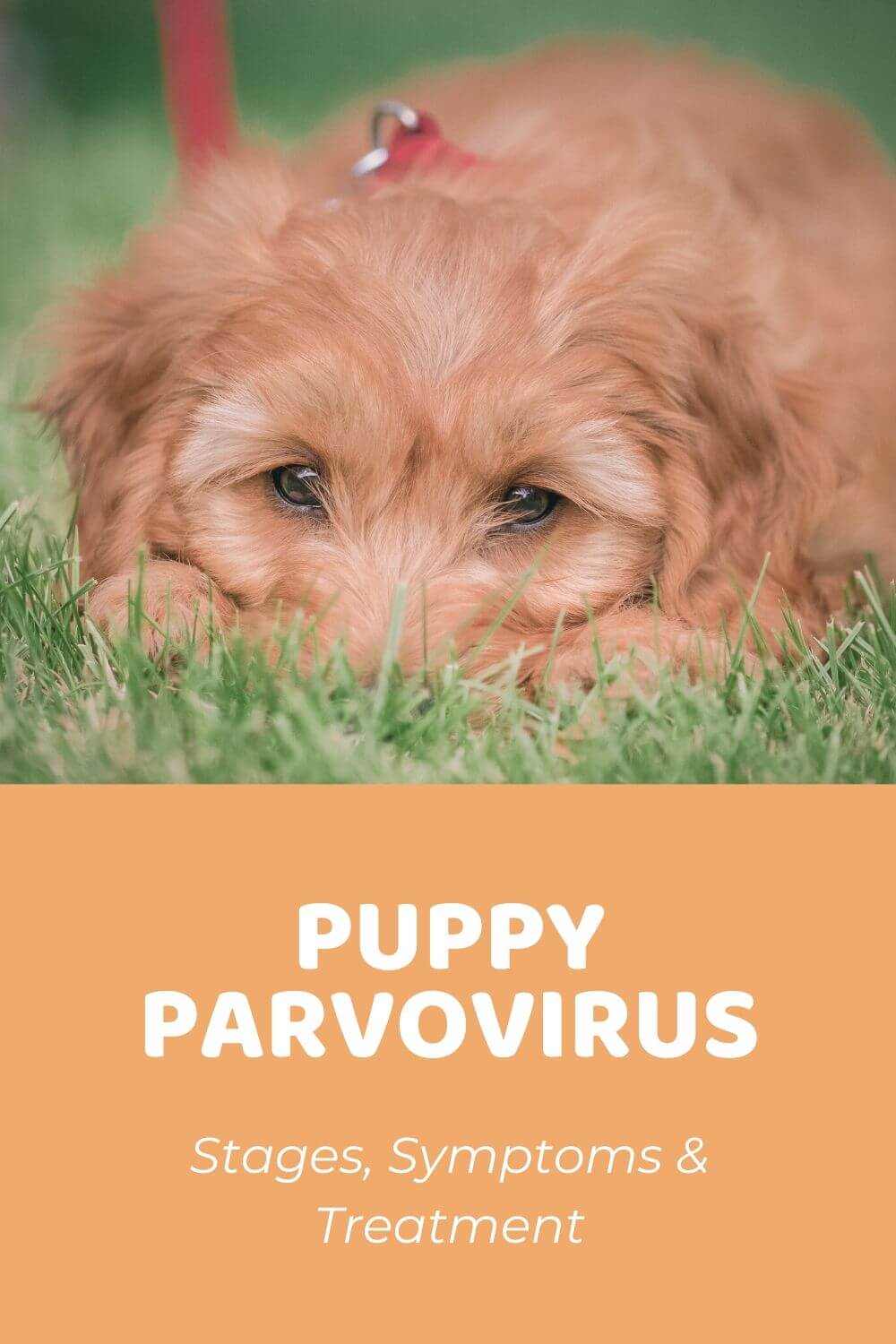Signs Of Parvo In Newborn Puppies

Some signs to look out for are.
Signs of parvo in newborn puppies. The symptoms are mostly gastrointestinal signs such as vomiting and diarrhea. The good news is that parvo does not have to be deadly. Parvovirus in dogs and puppies parvo canine parvovirus is the last thing you want to hear about your puppy. It can be a battle for your pup s life that can.
Puppies and young dogs who have not received all of their vaccines are at highest risk for developing parvo. Make sure that the yard is clean from that. The virus viciously attacks the lining of the intestines and the bone marrow. When is it time to schedule a vet appointment.
These symptoms will usually begin to show 3 to 15 days following exposure to the parvovirus but in some puppies it may take a shorter or longer amount of time. Parvo is passed from dog to dog through stools as well. Parvo in puppies starts with the virus concentrating on each of the puppies heart muscles mainly because the virus will always seek out the cells that are multiplying the fastest and this is normally the heart muscle cells. After the newborn puppies have been exposed to the parvovirus it can take anything.
Signs of parvo for dogs. Therefore if your dog shows. That s the bad news. The symptoms of severe and continuous vomiting and diarrhea should be of the greatest concern for a young puppy.
The virus is so dangerous that it can either weaken the heart muscle or destroy it. Signs also embrace extreme vomiting blood within the stools and lack of weight and urge for food. Lethargy vomiting loss of appetite diarrhea usually bloody and. Since this virus is highly contagious and affects unvaccinated dogs and puppies the sooner you recognize the symptoms the better.
If your dog has the parvovirus they could be in critical danger. If dogs with parvo receive prompt and appropriate veterinary treatment many can be saved. Learn the signs of parvo in dogs so that you can work with your veterinarian on treating and beating the parvo. The early signs of parvo in puppies and dogs include sneezing coughing and thick mucus coming from the eyes and nose.
Additionally puppies adolescent canines and dogs who aren t vaccinated are most susceptible to parvovirus. That s why it s extremely important that all new owners know what to look for in their new buddy regardless of whether the puppy was born with parvo or whether the disease was contracted before. This is because puppies younger than 6 weeks still have their mother s antibodies if she had the parvo vaccine but if they re older than that their family needs to be extra cautious until they receive all their vaccines.


















